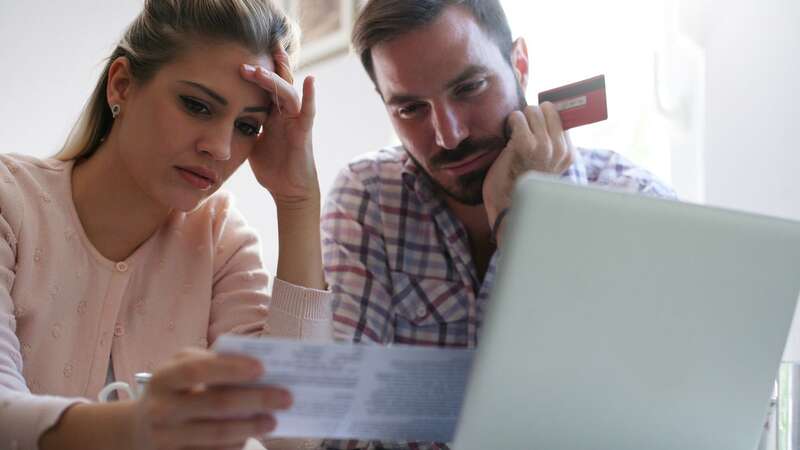
Voters' worries about their own financial situation will play a "pivotal role" in how they cast their ballot at next week's General Election, new research claims.
It reveals around 18.5million people - or 39% of voters - feel economically insecure with concerns over money going out and money coming in. The survey of 8,000 people from March 2024 published today shows 42% of voters Labour has gained since 2019 fall under this category.
It comes amid an unprecedented cost-of-living crisis with people's budgets squeezed by sky-high energy bills, mortgage hikes, rent increases, and food prices.
Experts at Nuffield College, University of Oxford, who conducted the research, said voters feeling economically insecure were deserting the Tories for both Reform UK and Labour.
Among those who feel insecure 8.1million people (17%) are on the lowest incomes. But 10.4million are also feeling the crunch despite having higher incomes.
 Michelle Mone's husband gifted Tories 'over £171k' as Covid PPE row rumbles on
Michelle Mone's husband gifted Tories 'over £171k' as Covid PPE row rumbles on
Professor Geoff Evans said: “For the first time we have been able to analyse how economic insecurity is influencing voting intention in the run-up to a general election. And with millions of people feeling economically insecure, how they choose to vote will have a significant impact on the result.
“Economically insecure voters are deserting the Conservatives to the left and right, with a substantial proportion of insecure former 2019 Conservatives still undecided. Labour is making big gains among economically insecure voters, including those who did not vote in 2019."
Co-author Professor Jane Green added: “You cannot understand this election without understanding economic insecurity. It has emerged as a key dividing line between voters, and helps to explain both the Conservatives’ loss of support and Labour’s gains.
“The next government will inherit a country where almost 40% of the electorate feel economically insecure. Addressing their concerns should be a priority – given the pivotal role economic insecurity now plays in voting intention, failure to do so carries huge political risk.”
Read more similar news:
Comments:
comments powered by Disqus

































